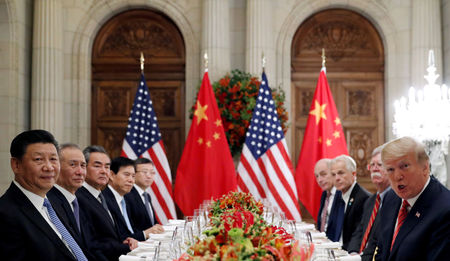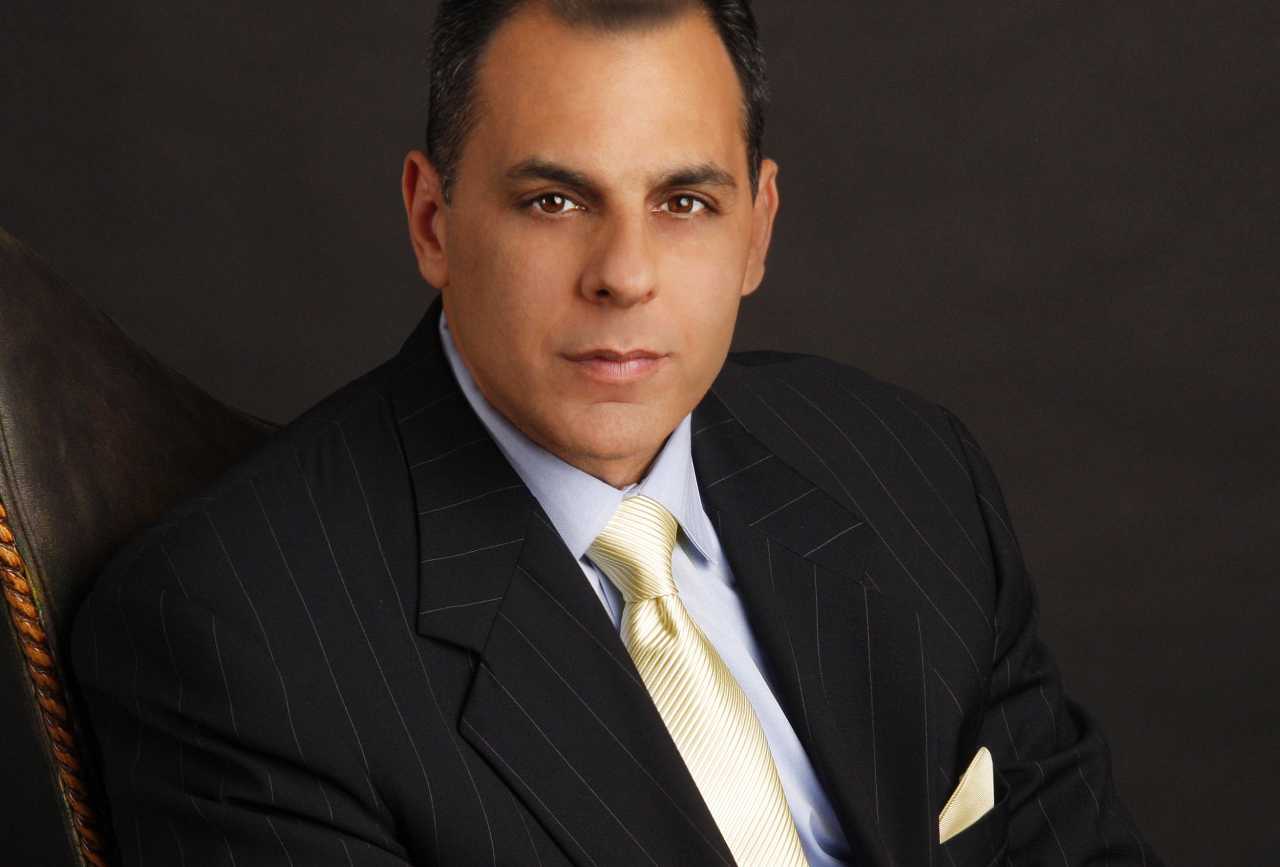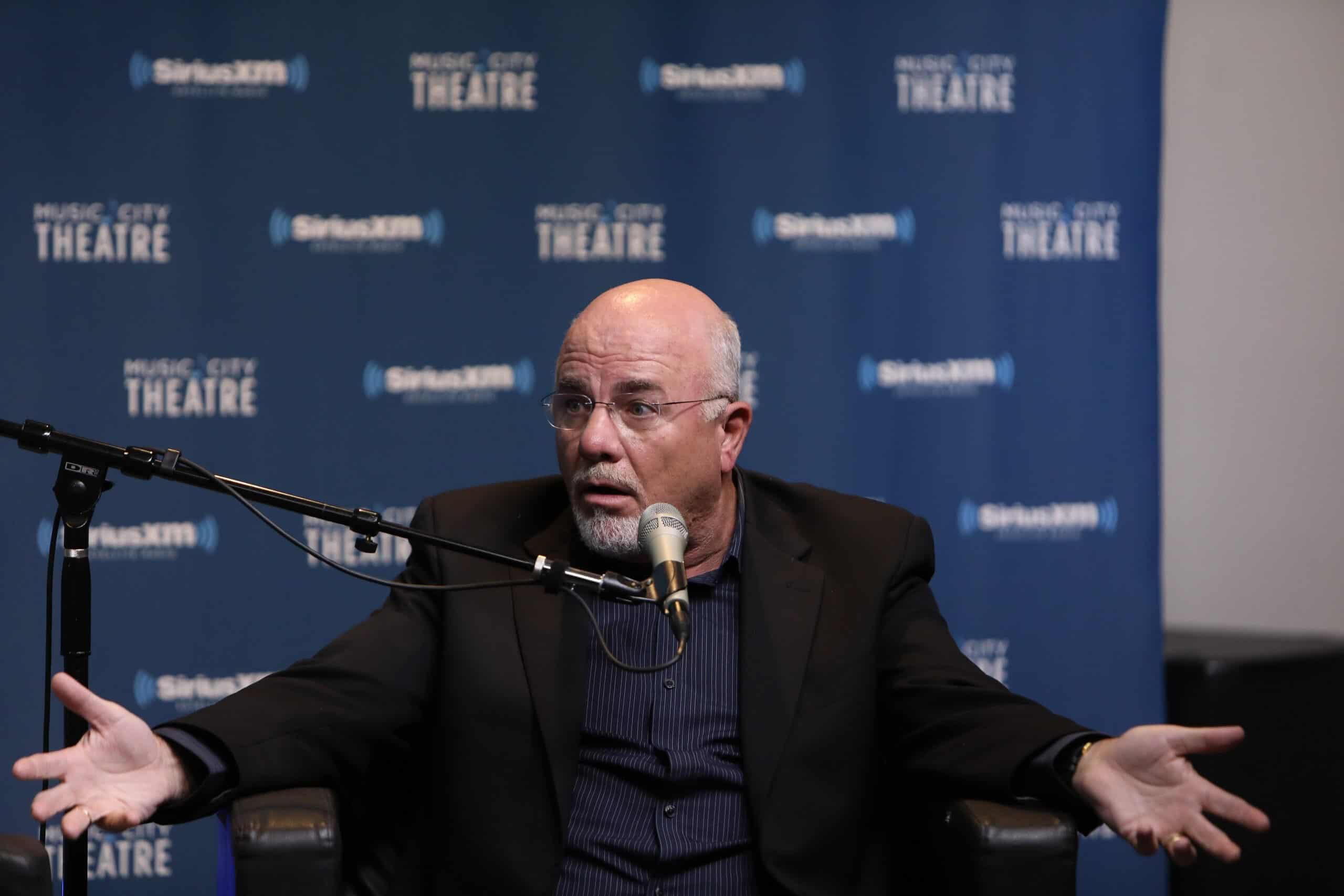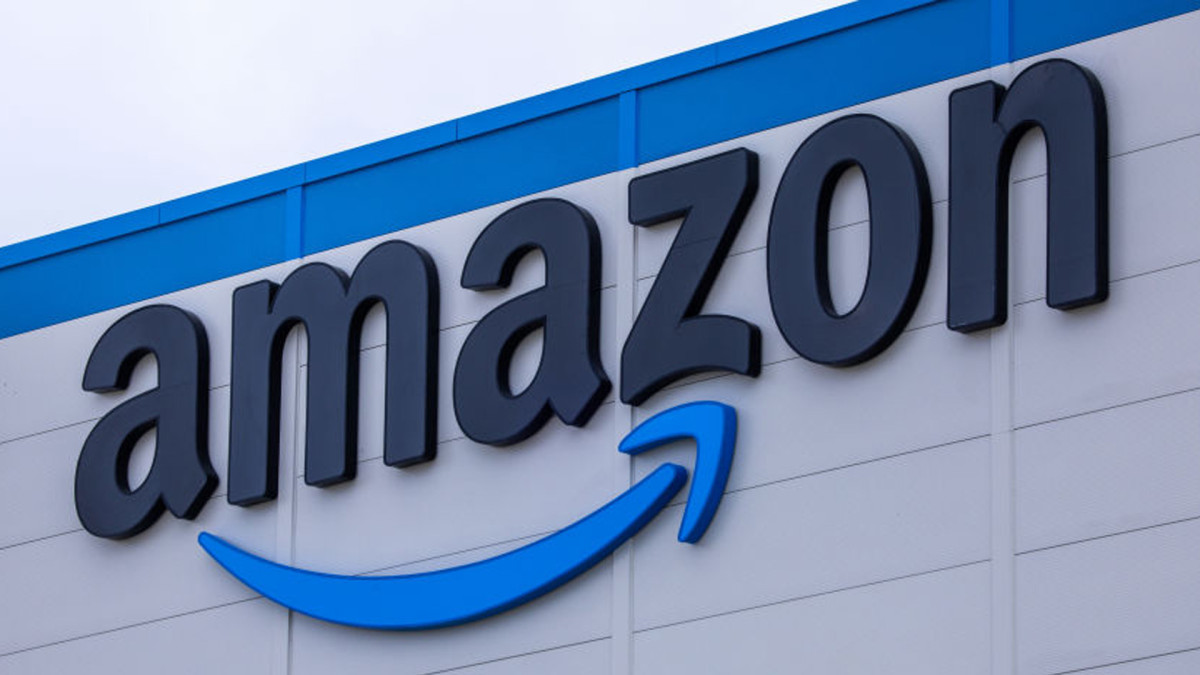With $15K in hand, deciding between IWM and VXUS—which has more upside?
If you’ve got $15,000 you’re not looking to spend, investing it seems like a prudent idea. But should you just plow it into a plain S&P 500 index fund or explore more venturous strategies to diversify your portfolio further while adding a bit more long-term upside? If you’re not comfortable with stepping outside of the […] The post With $15K in hand, deciding between IWM and VXUS—which has more upside? appeared first on 24/7 Wall St..
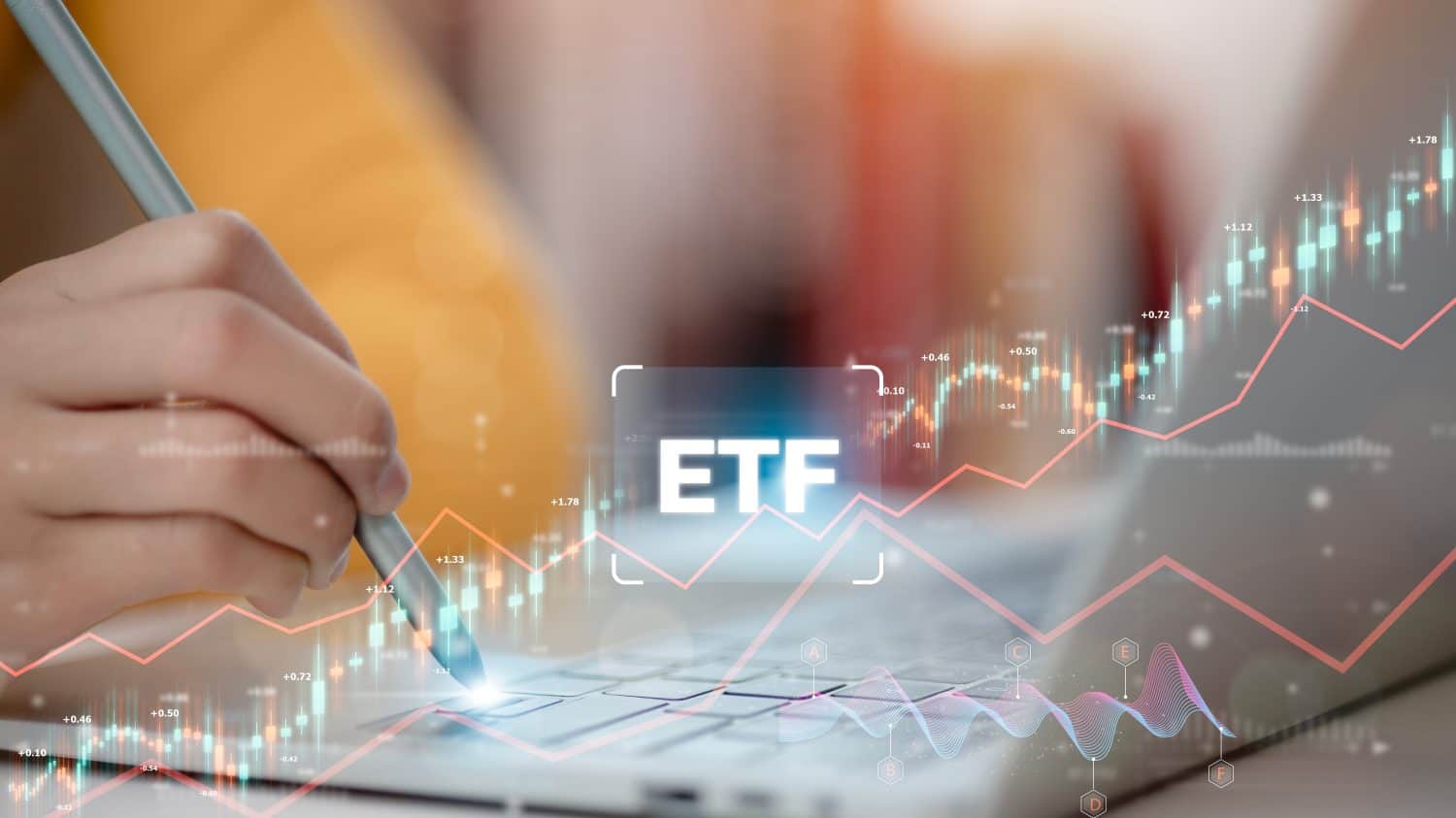
If you’ve got $15,000 you’re not looking to spend, investing it seems like a prudent idea. But should you just plow it into a plain S&P 500 index fund or explore more venturous strategies to diversify your portfolio further while adding a bit more long-term upside? If you’re not comfortable with stepping outside of the U.S. market or taking a chance with small-cap equities, sticking with the S&P 500 is fine.
Key Points
-
The IWM and VXUS are easy ways to invest beyond just U.S. large-caps.
-
I’m giving the IWM the edge, as the Trump administration could act as a major catalyst for the group over the next four years.
-
If you’re looking for some stocks with huge potential, make sure to grab a free copy of our brand-new “The Next NVIDIA” report. It features a software stock we’re confident has 10X potential.
However, if you understand the potential value proposition of international markets—where price-to-earnings (P/E) ratios can be much lower than here in the U.S.—and you understand that the next big up-and-comers may be unknown and hidden in the depths of the small- or mid-cap markets, which are comprised of thousands of lesser-known companies, perhaps the iShares Russell 2000 ETF (NYSEARCA:IWM) or the Vanguard Total International Stock Index ETF (NASDAQ:VXUS) can act as portfolio enhancers, so to speak.
In this piece, we’ll explore the two popular ETFs that, I believe, complement an S&P 500-heavy passive portfolio quite well. I’ll also give my take on which one I expect could be a bigger gainer for the years ahead.
iShares Russell 2000 ETF (IWM)
I’m sure you’ve heard of the Russell 2000 before. It stands in the shadow of the larger-cap S&P 500 index due to a reliance on smaller, lesser-known businesses, which, as of late, have vastly underperformed their larger-cap counterparts. Over the past two, three, five, and even 10 years, the S&P 500 has come out ahead of the Russell 2000. And while higher interest rates do not bode well for smaller-cap firms weighed down by debt, I do think that there’s considerable room to make up for lost time if you do think the Fed will return to its interest rate-cutting ways under a Trump administration that really wants to see lower rates.
In any case, small-cap stocks, like those found in the Russell 2000, tend to be a choppier ride than the large-caps. And while there’s more growth potential from the group, there’s also more risk. Not all small-cap firms will live up to their growth potential. Some will succumb to their debt loads, especially if rates unexpectedly move higher from here, possibly due to a combination of tariff-induced consumer sentiment shifts and another wave of higher inflation.
With inflation back to 3%, questions linger as to whether the Fed will have enough reason to think about a pivot. Either way, the IWM is down 7% from its recent high and could be an intriguing addition for the many investors who’ve neglected the small caps.
Furthermore, deregulatory actions made under Trump could fuel the acquisitive appetite of firms. Understandably, many small-caps stand out as takeover targets. If we do get lower rates, perhaps it’s the small-caps that provide a better value for investors in today’s top-heavy market where almost everybody is heavy on the Mag Seven and light on the hidden gems within the Russell 2000.
Vanguard Total International Stock Index ETF (VXUS)
Who says diversifying internationally has to be expensive and complicated? The VXUS is a cap-weighed ETF that fits nicely alongside a total U.S. stock market ETF. With both ETFs side by side, investors will be able to get unmatched exposure to firms across the globe.
With the VXUS, you’re getting in the ballpark of 8,500 companies. Many of which you’ll have heard of, but most of which you likely have not. Like the IWM, the VXUS has dragged behind the S&P 500 in the past decade. If the U.S. market is in for a “lost decade” after an applause-worthy past two years, though, the much-cheaper VXUS could be a prudent way to quietly outperform.
Of course, international diversification may be overrated, given the U.S. seems to have the biggest and brightest companies. However, if you want a lower price-to-earnings (P/E) multiple—less than 16.0x for the VXUS—and a potential missing piece to your S&P 500-heavy portfolio, I have no issue with picking up this ETF as it continues to climb back from its 2021-22 plunge—yes, it’s still yet to hit pre-2022 highs!
The bottom line
The IWM and VXUS are great complements to a portfolio, but I’d not dare replace the S&P 500 with them despite the lower valuations to be had with them. Between the IWM and VXUS, I’d bet on the former outperforming the latter, especially under a Trump administration that may be more conducive to growth in smaller businesses.
Less regulation and lower rates could be key to more M&A activity and higher multiples in U.S. small-cap names. Of course, only time will tell if we get either. In any case, I’m a fan of the catalysts and the low price of admission into the small-caps at today’s levels.
The post With $15K in hand, deciding between IWM and VXUS—which has more upside? appeared first on 24/7 Wall St..






